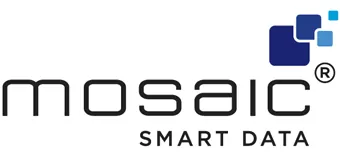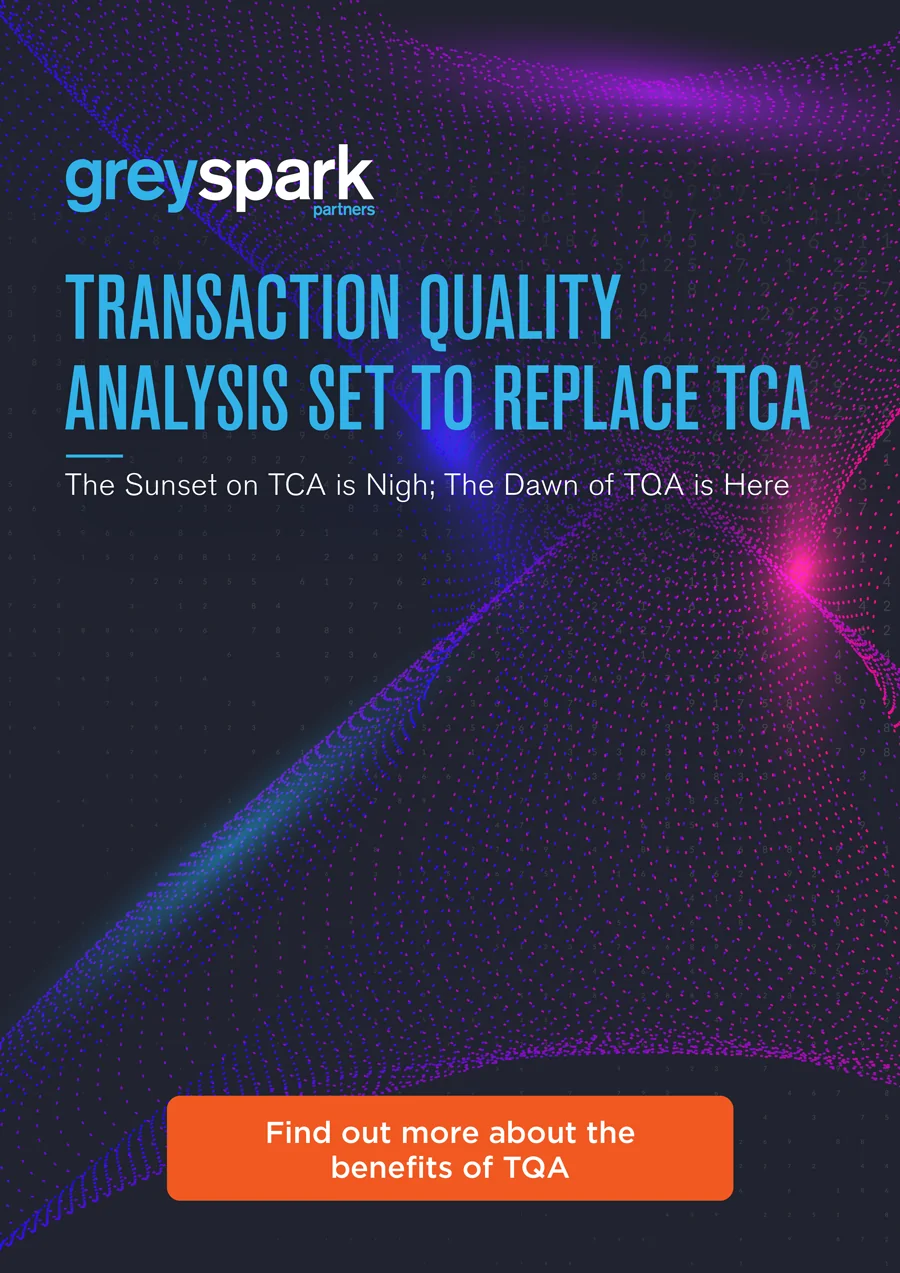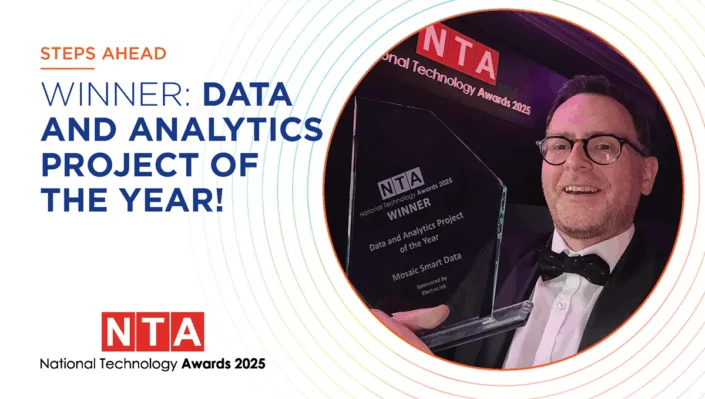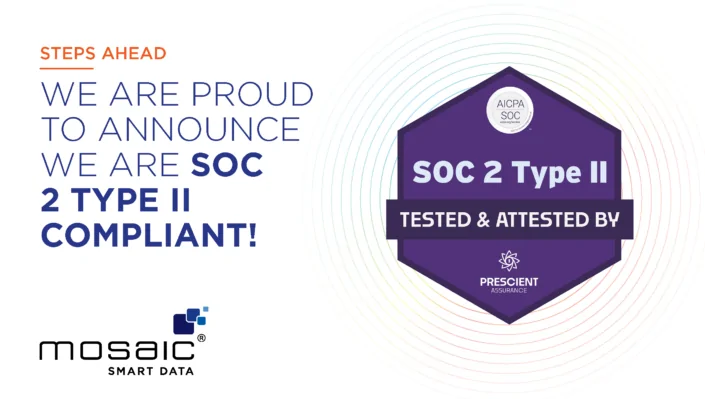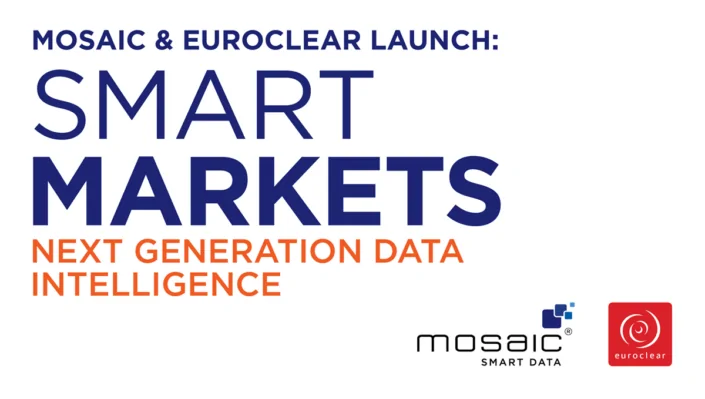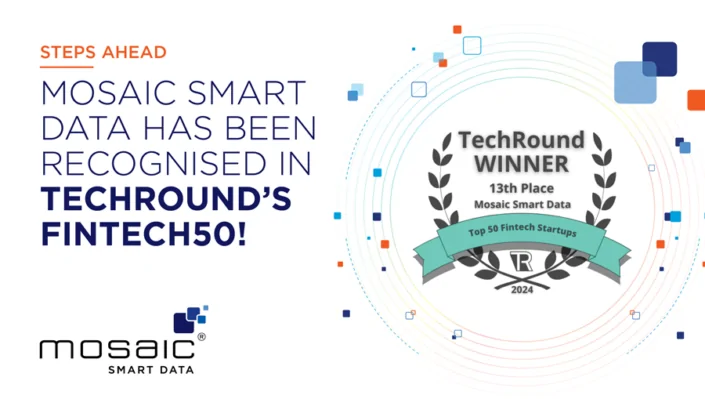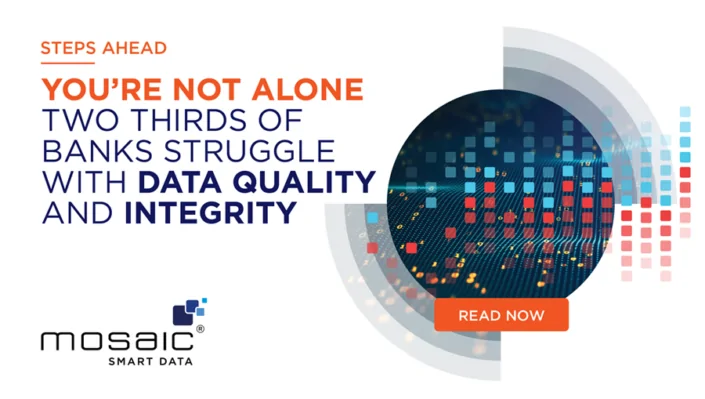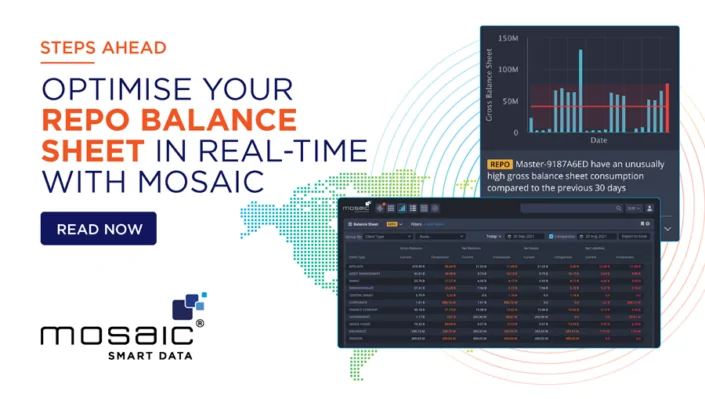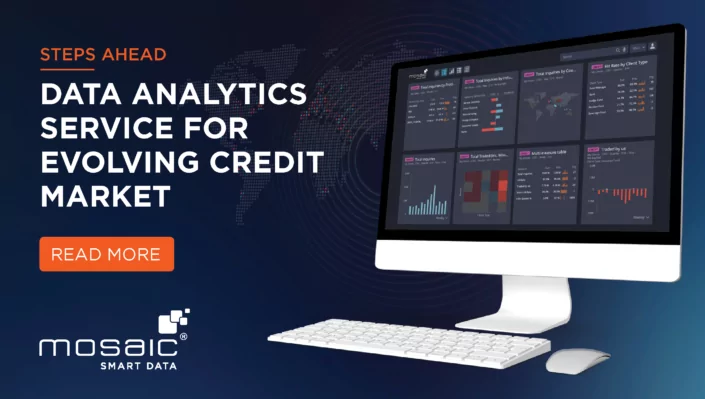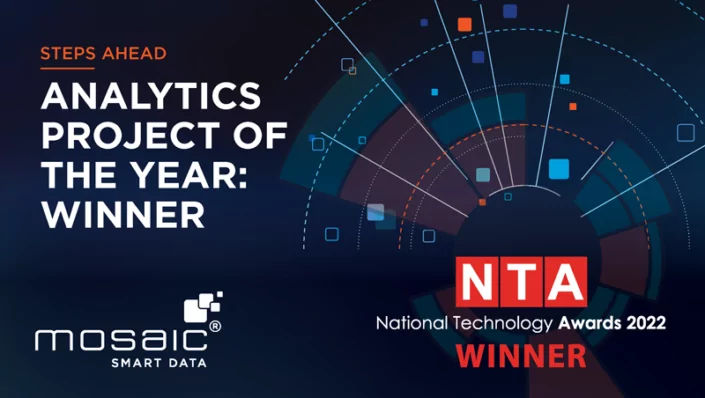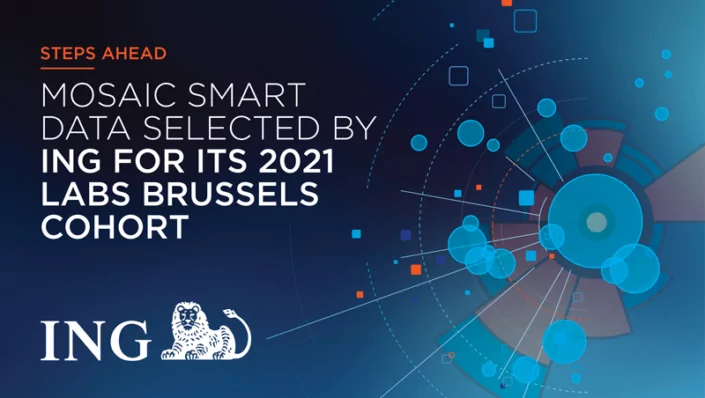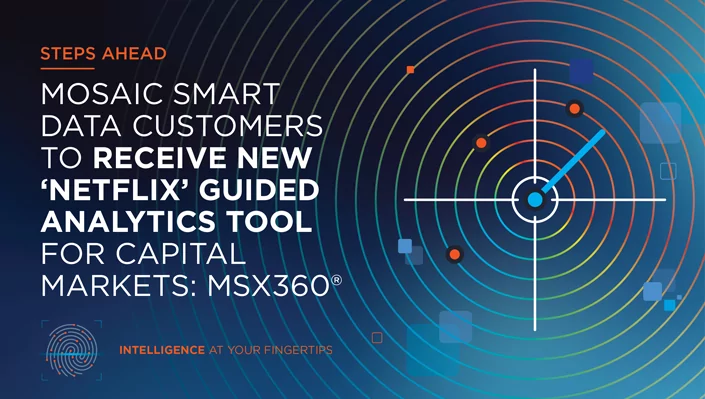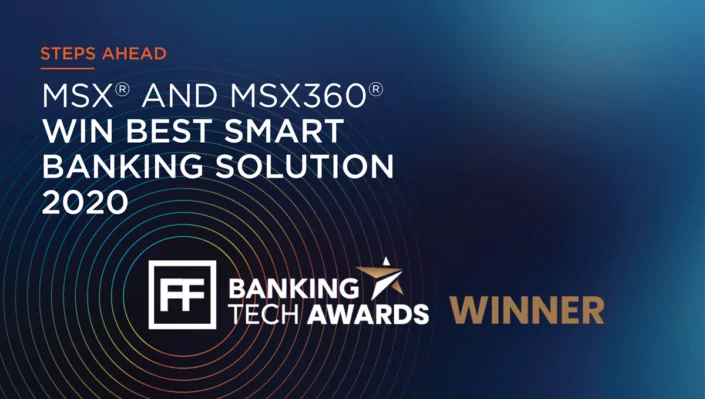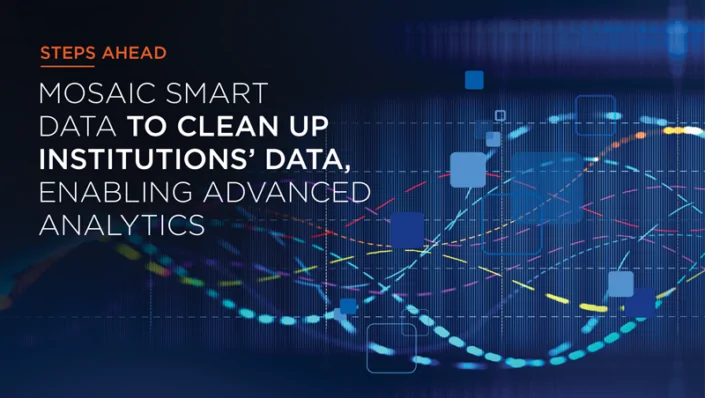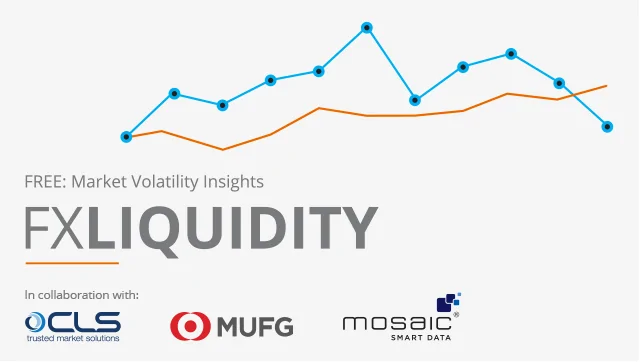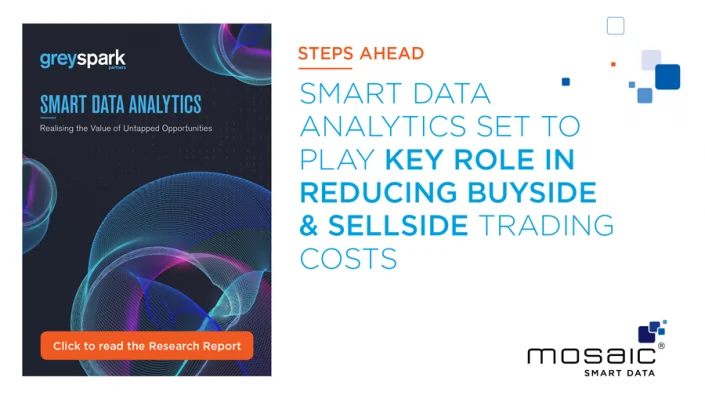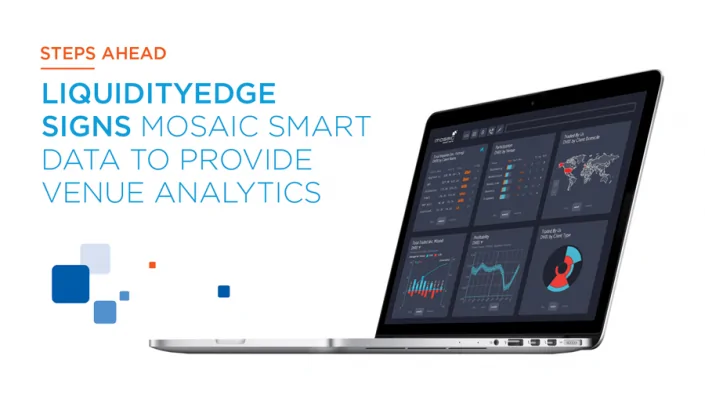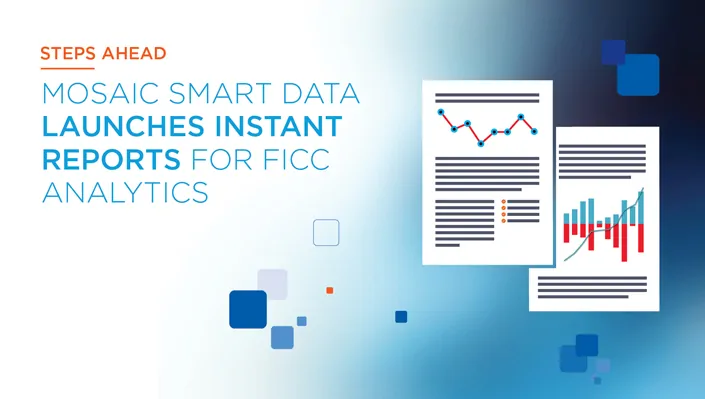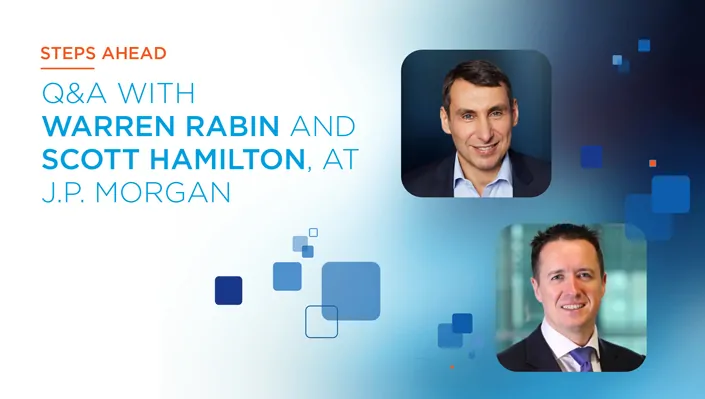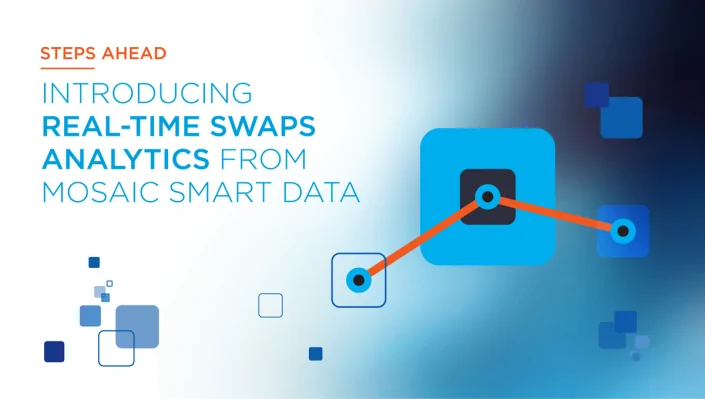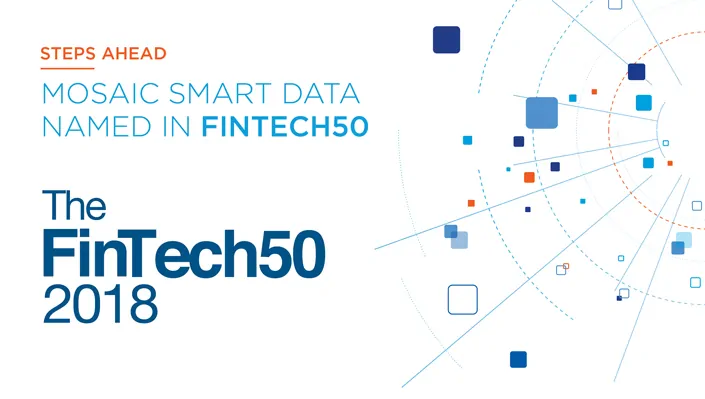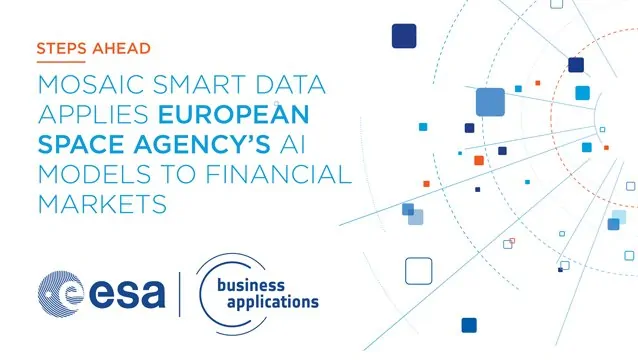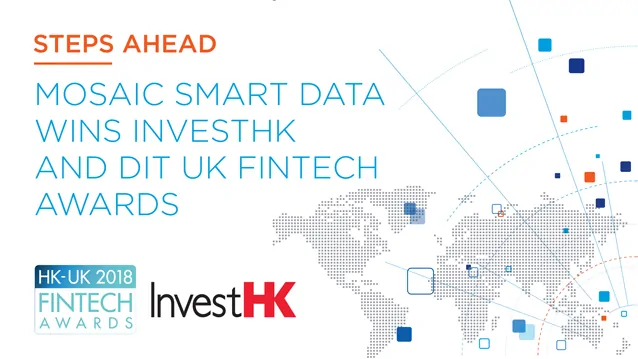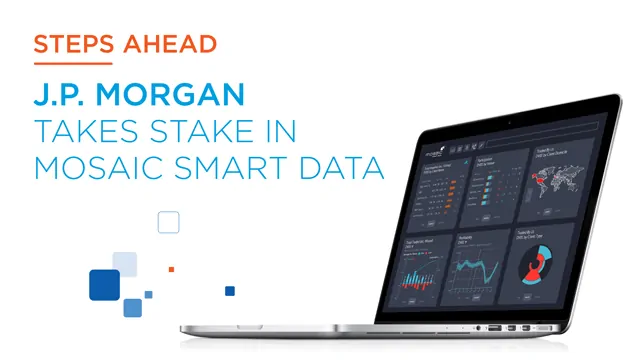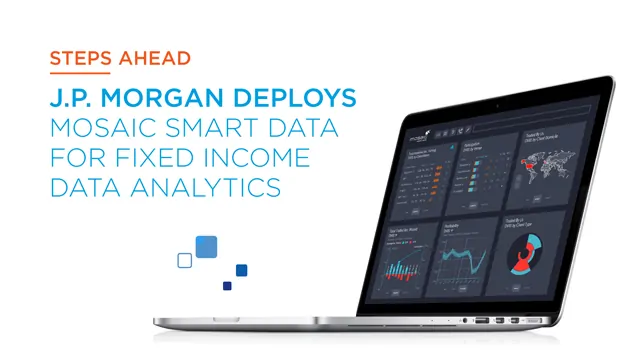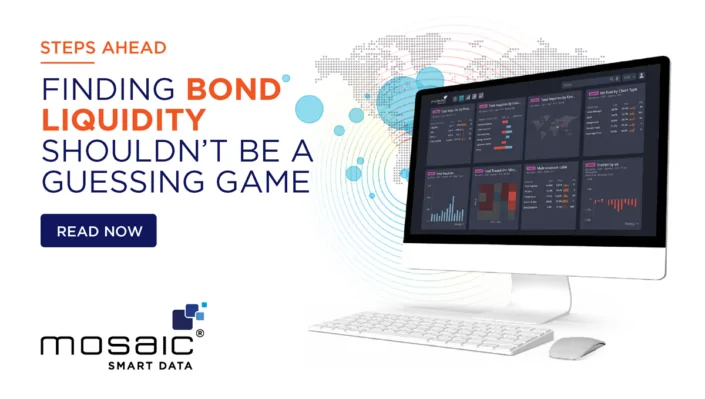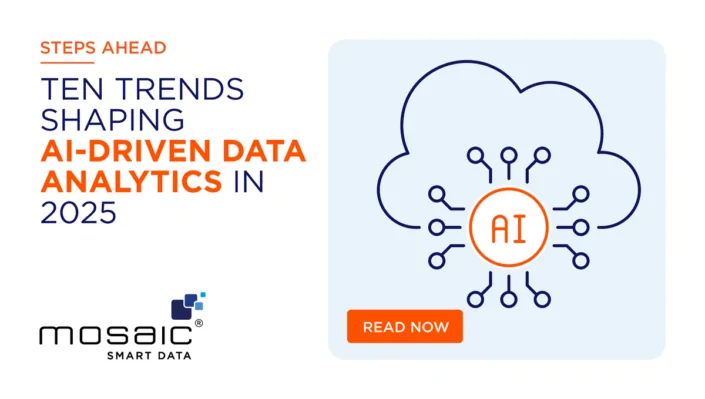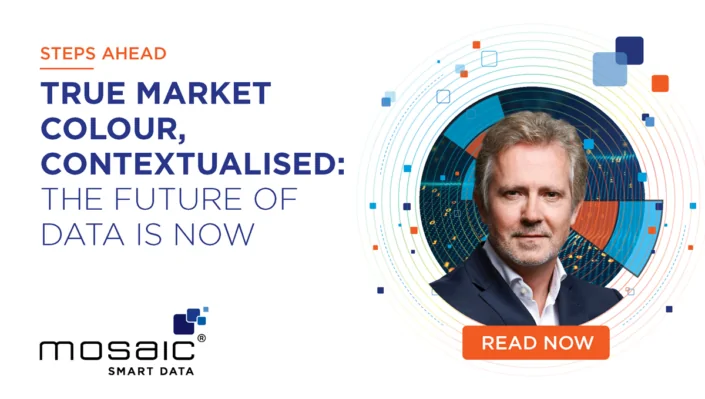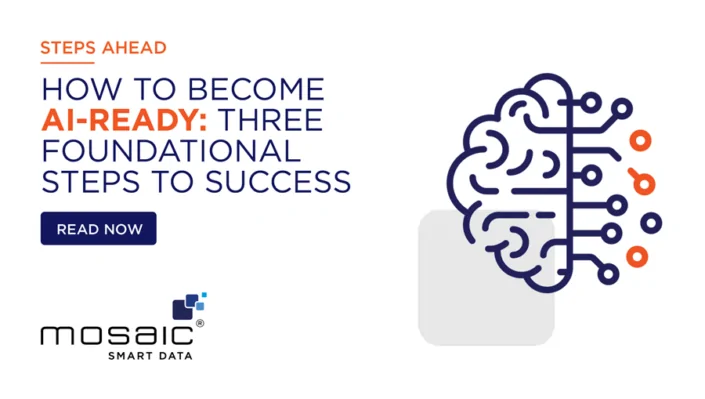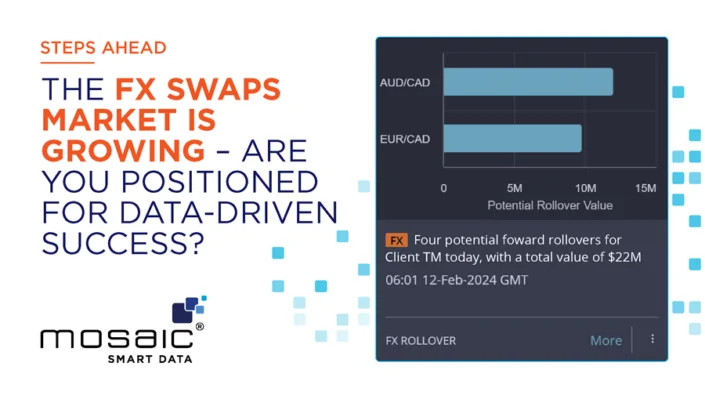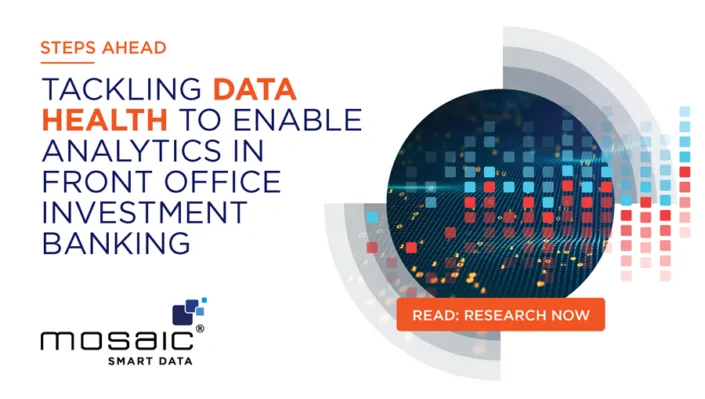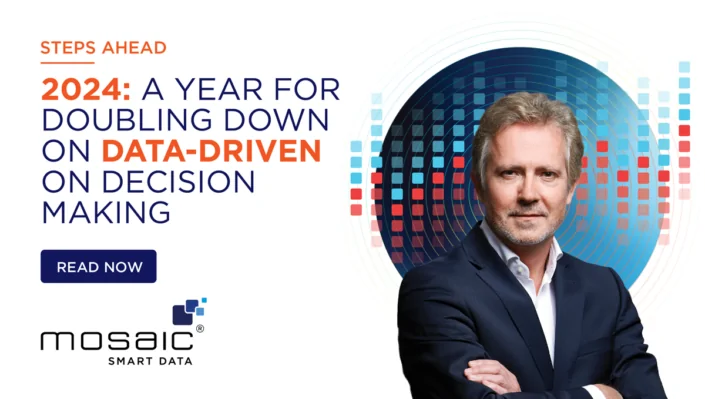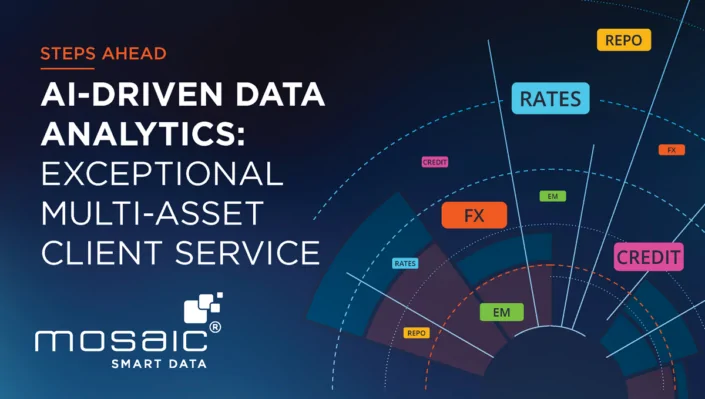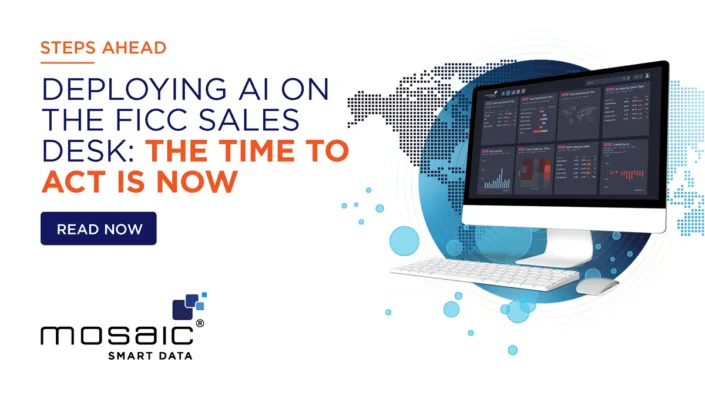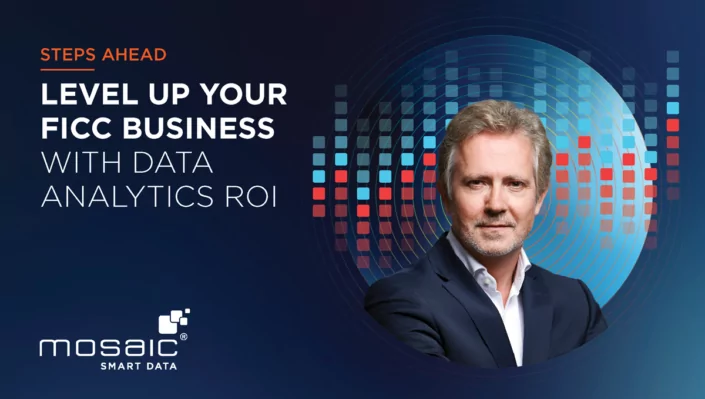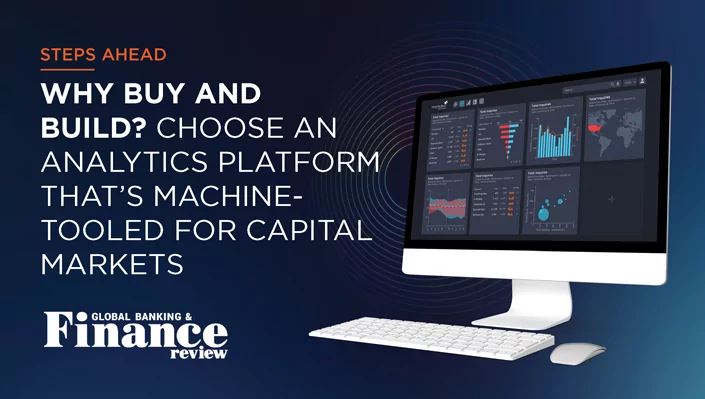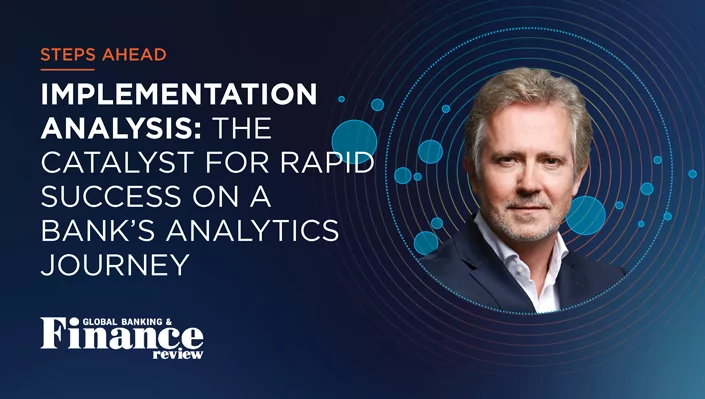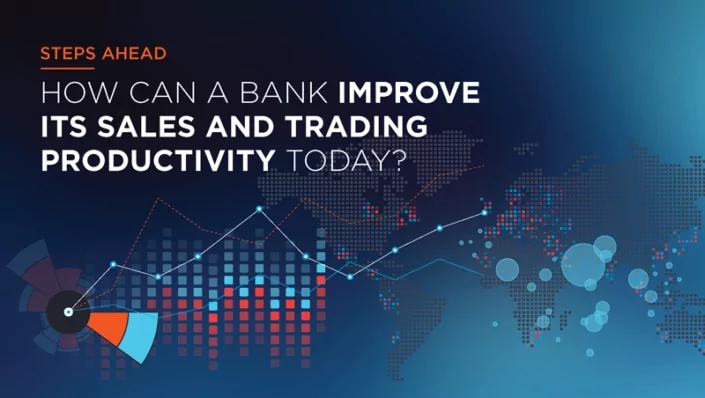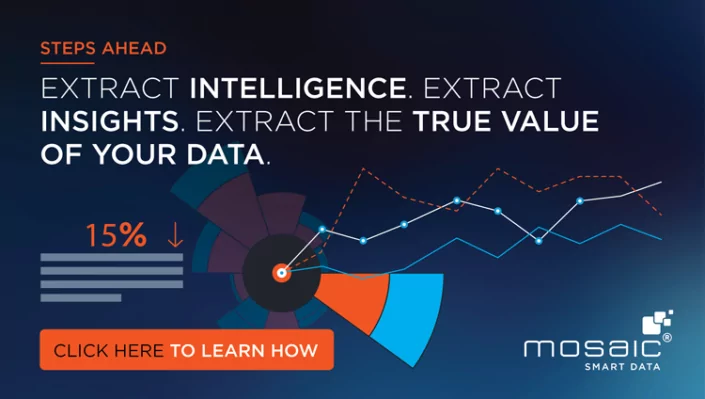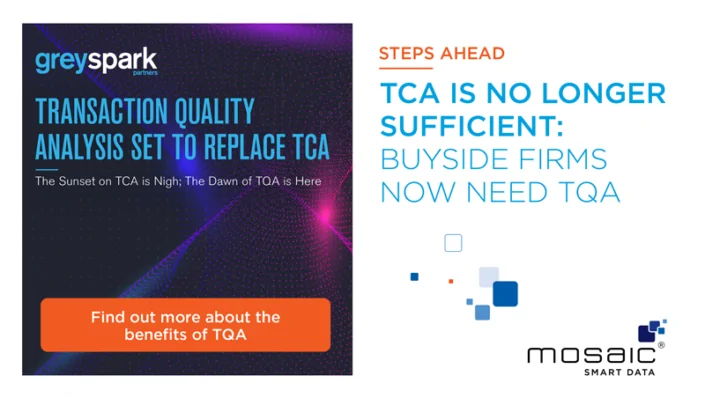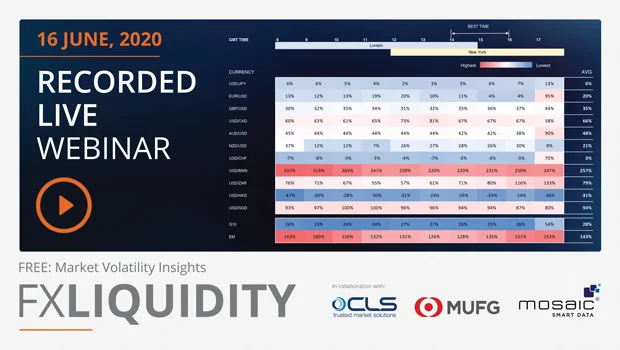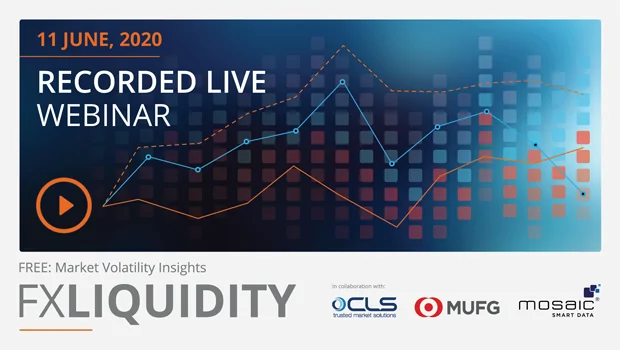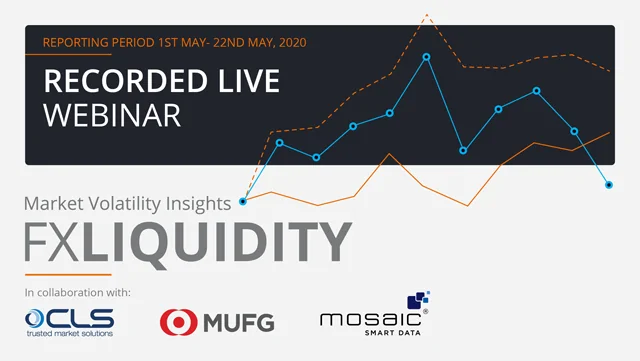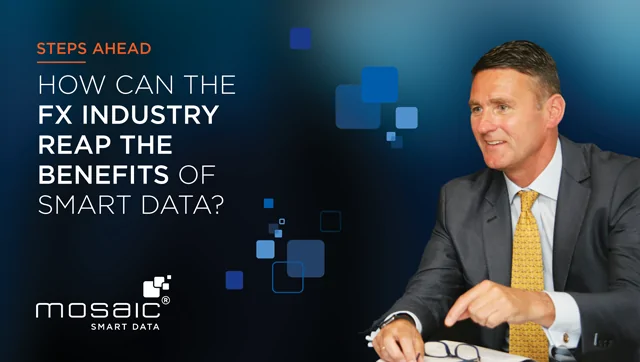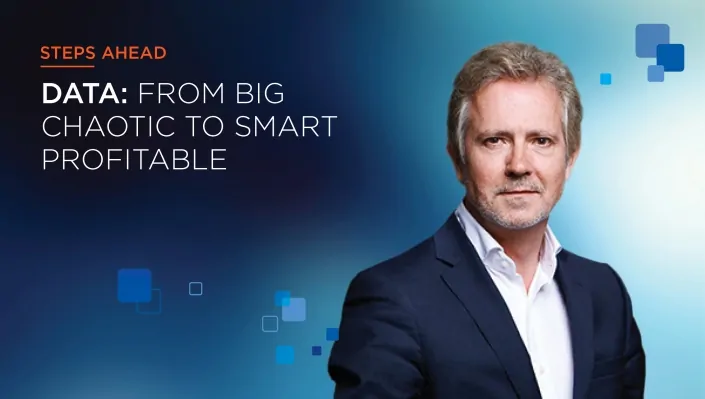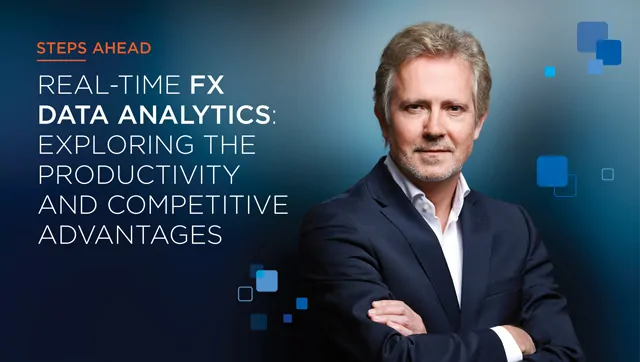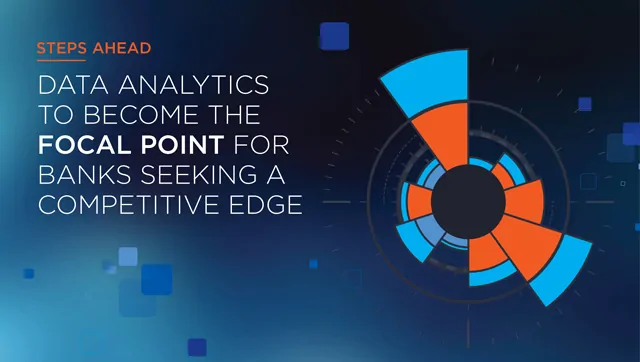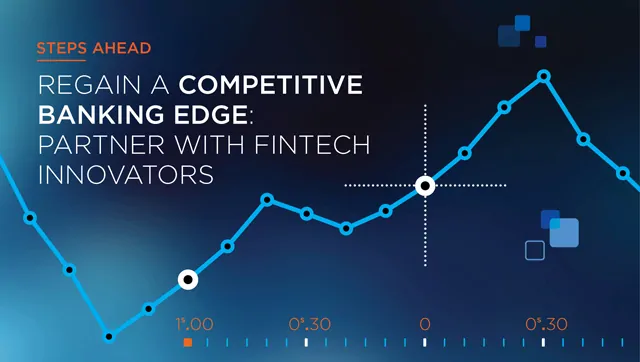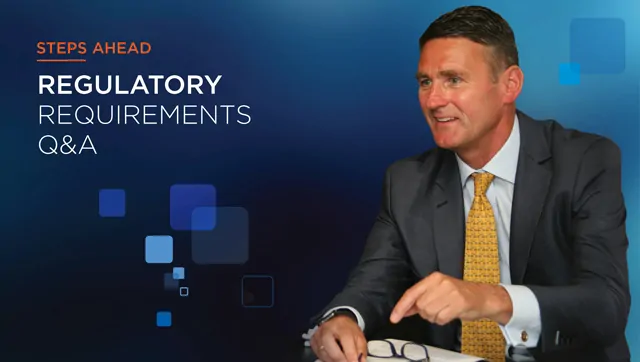Steps Ahead
TCA is No Longer Sufficient: Buyside Firms Now Need TQA
17 August 2020
- New GreySpark Partners research explores how buyside firms can make better use of the historical markets, trade and transaction data to produce their own transaction cost analysis (TCA) assessments
- The intelligent application by small-to-medium-sized asset managers of Smart Data for pre-trade decision-making or post-trade analytics continues to lag behind larger competitors and investment bank broker-dealers
- Making use of Smart Data analytics platforms to rethink TCA to emphasise the quality of trader decision-making on an order-by-order basis narrows the competitive gap
New research produced by GreySpark Partners, a leading global capital markets consultancy, makes the case for a new form of pre- and post-trade TCA reporting that utilises a breed of Big Data known as Smart Data to provide buyside firm trading desks and their end-investor clients with a greater understanding of the quality – as opposed to just simply the ‘effectiveness’ – of trader decision-making on an order-by-order basis.
Small-to-medium-sized asset managers and other types of buyside firms can struggle to compete effectively with the budgets of larger market participants. Very large-by-AuM competitors, as well as investment bank broker-dealers, are able to expend significant amounts of budget and resources on the internal development of a wealth of analytics across all major asset classes. This greatly enhances client understanding of the value-adds associated with their trade performance and provides a significant competitive advantage to those firms.
The new GreySpark article titled TQA to Become the TCA Hygiene Factor of the Future –argues that the informal rules regarding the use of TCA to prove best execution on equities and non-equities asset classes alike have changed since the implementation of post-financial crisis regulations. As a consequence, buyside firms must adapt the ways that they demonstrate their value-add as a matter of urgency to ensure that they are providing their clients or end-investors with a high-quality level of pre- or post-trade best execution analysis.
Current efforts to express value-add – which are typically communicated through a steady supply of broker-provided TCA reports – ultimately expose the inherent flaws within traditional methods of pre- or post-trade performance assessment. Market and trade data applied to pre- or post-trade activities is typically proxied using the market participant’s own recent intake and output of relevant input variables to a model based fundamentally on assumptions.
Thus, that data, and the models based upon it, are inherently stale from the get-go. As such, GreySpark believes that the ability of asset management firms to individually answer two questions over the next five-to-10 years will ultimately drive the uptake of TCA services provided by broker-neutral, vendor-provided toolkits:
- Volume-weighted Average Price – Is this form of predominantly composite analysis currently provided by D2C venues sufficient for regulatory compliance purposes?
- Internal Data Management, Structuring & Warehousing – To what extent are asset managers willing to take ownership over the normalisation and standardisation of the wealth of historic bonds and swaps market, pricing and transactions data stored within desk- / fund- / portfolio-specific operational siloes to then move to a state in which they can consistently leverage competitive advantage on a trade-by-trade basis?
In fixed income markets specifically, the use of such broker neutral, vendor-provided Smart Data analytics solutions would allow for the generation of a new form of TCA called Transaction Quality Analysis (TQA), which would be centred around the ability of asset management firms to know – and not guess – what the market impact of either a book of axed trades or a collection of block-size bonds and swaps orders would be on the entirety of a firm’s available liquidity on:
- a liquidity provider-by-liquidity provider basis; and
- across the entirety of all the available execution pathways and venues.
Russell Dinnage, GreySpark Managing Consultant & Head of the Capital Markets Intelligence Practice, said:
“The benefits for asset managers associated with rethinking the value-add of either consuming or producing TCA reports so as to focus the objective of understanding on the quality of the information that the reports contain as opposed to a grading of the effectiveness of expected activity on a pre- or post-trade basis are clear: firms will create new trade opportunities for their clients to capitalise on, and they will optimise the capabilities of their existing trading technology outlay to optimise the performance of the whole of their trading activity at a desk-by-desk level.”
Matthew Hodgson, Mosaic Smart Data CEO, said:
“The very first step to achieving and demonstrating efficient execution is being able to accurately measure the quality of that execution. While TCA has been a valuable tool, it provides only a partial picture. It can never give an accurate representation of transaction quality overall. By leveraging a new generation of TQA tools, firms will be able to monitor their transactions in a far more nuanced and effective way, which ultimately will lead to better performance and enable firms to be more relevant and competitive in today’s fast-moving capital markets.”
About GreySpark Partners
GreySpark Partners is a business, management and technology consultancy specialising in capital markets e-commerce, e-trading, risk and risk management advisory. GreySpark works with global and regional investment banks, buyside and private equity firms, and technology and data vendors to deliver solutions that work across all asset classes. For further information, please visit: www.greyspark.com
